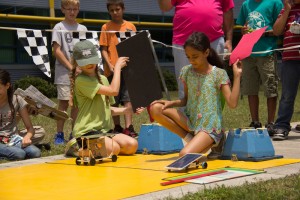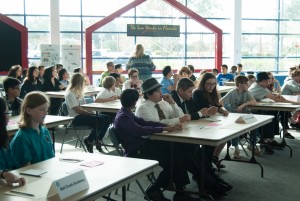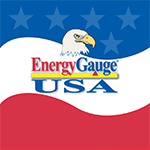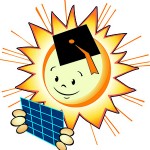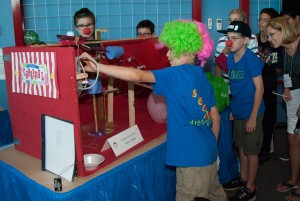June 22, 2016
By Sherri Shields
FSEC researchers and their Texas A&M University co-authors win Best Paper Award at the International Conference on Hydrogen Production (ICHP) in Hangzhou, China last month. Illustrating the novel approaches in solar hydrogen production, the paper, “Solar reactor investigation for the thermochemical steps of the sulfur-ammonia water-splitting cycle,” has also been included in a special issue of the International Journal of Hydrogen Energy.
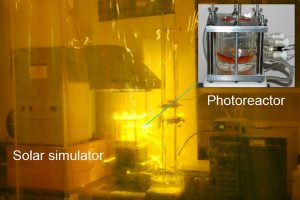
“In our work, we presented the solar-driven hybrid sulfur-ammonia water splitting cycle (HySA) for hydrogen production. HySA is a promising technology for energy and environment applications, utilizing both solar photon and thermal radiation in a series of reaction steps. This study presented our efforts toward the design of a solar aerosol reactor for the thermochemical steps of the cycle. For this, we developed a conceptual particle model, based on our experimental and numerical findings,” said Agni Kalyva, Texas A&M University at Qatar. Read more
